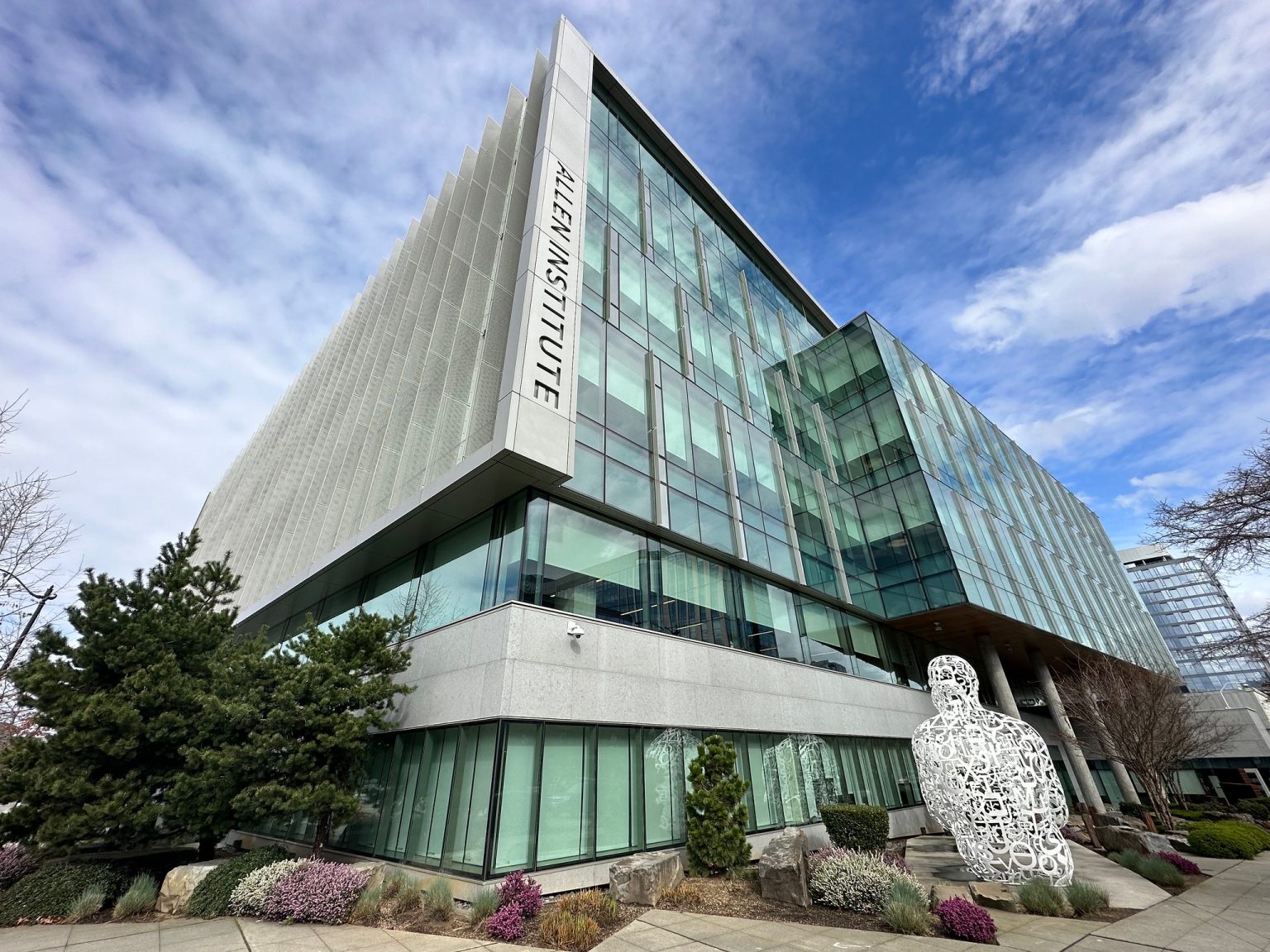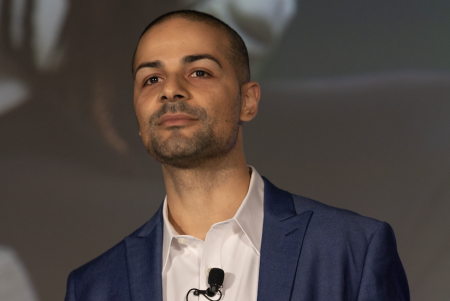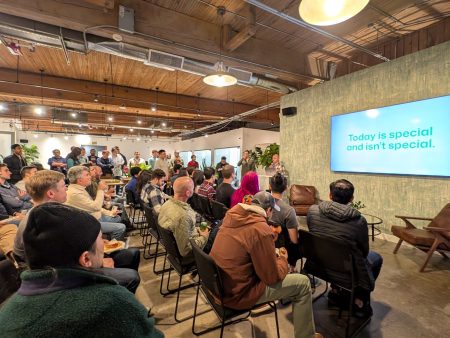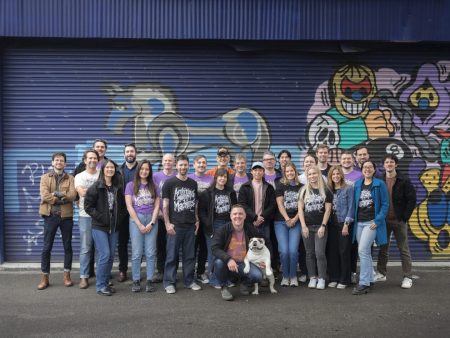The Allen Institute Welcomes Back a Familiar Face to Lead Frontiers Group
The Allen Institute, a renowned Seattle-based research organization, has announced the appointment of Julie Harris as the vice president of The Paul G. Allen Frontiers Group. This marks a homecoming for Harris, who previously contributed significantly to the Allen Institute for Brain Science from 2011 to 2020. During her prior tenure, she held the positions of researcher and associate director of neuroanatomy, playing a pivotal role in the development of several cornerstone open science resources, including the groundbreaking Allen Mouse Brain Connectivity Atlas. This resource, a comprehensive map of neural connections in the mouse brain, has become an invaluable tool for researchers worldwide, accelerating discoveries in neuroscience.
Harris’s return to the Allen Institute follows a distinguished career trajectory in the field of neurodegenerative disease research. Most recently, she served as the executive vice president of research management at the Cure Alzheimer’s Fund, where she spearheaded the funding strategy and research priorities for a substantial $29 million grant portfolio. In this capacity, she supported scientists dedicated to unraveling the complexities of Alzheimer’s disease and developing effective treatments. Prior to her role at the Cure Alzheimer’s Fund, Harris also contributed her expertise to Cajal Neuroscience, a Seattle-based biotech startup, where she served as vice president of preclinical biology, focusing on identifying novel therapies for neurodegenerative diseases.
Her extensive experience in both academic research and the biotech industry, coupled with her deep understanding of the Allen Institute’s mission and resources, positions her ideally to lead The Paul G. Allen Frontiers Group. This division of the Allen Institute is dedicated to exploring the cutting edge of bioscience, identifying promising research avenues, and recommending funding to the Paul G. Allen Family Foundation. The Foundation subsequently invests in these groundbreaking projects through various award mechanisms, with the ultimate goal of accelerating our understanding of biology and its intricate workings. Harris’s leadership is expected to further enhance the Frontiers Group’s impact in fostering transformative scientific discoveries.
Other Notable Leadership Transitions in the Pacific Northwest Tech Scene
Beyond the Allen Institute, other significant leadership changes have reshaped the Pacific Northwest’s dynamic tech landscape. Stacy Brown-Philpot, a prominent figure in the tech industry, has resigned from the Nordstrom board of directors. Brown-Philpot, who joined the board in 2017, brought a wealth of experience from her roles at Google and as COO and CEO of TaskRabbit. During her tenure at Nordstrom, she chaired the Tech Committee and served on the Audit and Finance Committee, contributing significantly to the company’s strategic direction. Her departure marks a transition in Nordstrom’s leadership, and her future endeavors are anticipated with interest, particularly her involvement with Cherryrock Capital, a new venture fund she co-founded.
Meanwhile, William Canestaro, former managing director of the Washington Research Foundation, has joined Pioneer Square Labs, a Seattle-based startup studio and venture fund. In his new role as Health and Life Sciences Lead, Canestaro will leverage his extensive experience in research and innovation to identify and support promising software-focused startups in the healthcare and life sciences sectors. His contributions are expected to bolster Pioneer Square Labs’ portfolio and further strengthen the region’s growing health tech ecosystem. He also maintains an advisory role at the Washington Research Foundation and contributes his expertise as a translational advisor at the University of Washington Institute for Protein Design.
Analyzing the Significance of these Leadership Shifts
These leadership transitions, while distinct, collectively underscore the dynamic nature of the Pacific Northwest’s tech and research landscape. The return of Julie Harris to the Allen Institute signals a renewed focus on advancing bioscience research and fostering groundbreaking discoveries. Her deep understanding of the organization’s mission and resources, combined with her extensive experience in neurodegenerative disease research, positions her to make significant contributions to the field.
The departure of Stacy Brown-Philpot from the Nordstrom board marks a shift in the company’s leadership dynamics, and her future endeavors are anticipated with interest. Her experience in the tech industry and her involvement with Cherryrock Capital suggest a continued focus on innovation and entrepreneurship. William Canestaro’s move to Pioneer Square Labs highlights the increasing convergence of technology and life sciences in the region. His expertise in health and life sciences research will undoubtedly contribute to the growth and success of software-driven healthcare startups.
These changes reflect the ongoing evolution of the Pacific Northwest’s tech and research ecosystem, characterized by a constant influx of talent, innovation, and strategic partnerships. The region’s vibrant and collaborative environment continues to attract leading figures in various fields, further solidifying its position as a hub for groundbreaking research and technological advancements. These leadership transitions represent not only individual career trajectories but also the broader trends shaping the future of science, technology, and innovation in the Pacific Northwest.
The Future of Bioscience and Technology in the Pacific Northwest
The appointment of Julie Harris to lead The Paul G. Allen Frontiers Group underscores the Allen Institute’s continued commitment to pushing the boundaries of bioscience research. Harris’s expertise in neurodegenerative disease research aligns with the Institute’s focus on tackling complex biological challenges and developing innovative solutions. Her leadership is expected to further strengthen the Frontiers Group’s efforts to identify and support transformative research initiatives.
Stacy Brown-Philpot’s departure from the Nordstrom board and her involvement with Cherryrock Capital signal a shift towards entrepreneurial ventures. Her experience in building and scaling tech companies will likely contribute to the success of early-stage startups, further fueling the region’s dynamic startup ecosystem. William Canestaro’s move to Pioneer Square Labs reinforces the growing intersection of technology and life sciences in the Pacific Northwest. His expertise in health and life sciences research will play a key role in identifying and nurturing software-focused startups that address pressing healthcare challenges.
The Impact of These Changes on the Broader Ecosystem
These leadership transitions have broader implications for the Pacific Northwest’s tech and research ecosystem. The Allen Institute’s continued investment in bioscience research, under Harris’s leadership, is expected to generate further advancements in our understanding of complex biological processes and contribute to the development of novel therapies. Brown-Philpot’s entrepreneurial pursuits through Cherryrock Capital will likely contribute to the growth and diversification of the region’s startup landscape. Canestaro’s involvement with Pioneer Square Labs will further solidify the region’s position as a hub for health tech innovation.
These changes, collectively, reflect the dynamism and adaptability of the Pacific Northwest’s tech and research community. The region’s ability to attract and retain top talent, coupled with its supportive ecosystem for innovation, positions it for continued growth and leadership in the fields of bioscience, technology, and entrepreneurship. The interplay between established institutions like the Allen Institute and emerging ventures fueled by individuals like Brown-Philpot and Canestaro creates a fertile ground for groundbreaking discoveries and transformative advancements.














